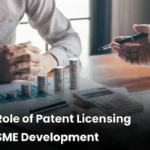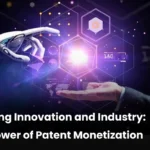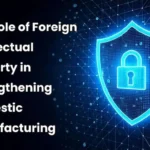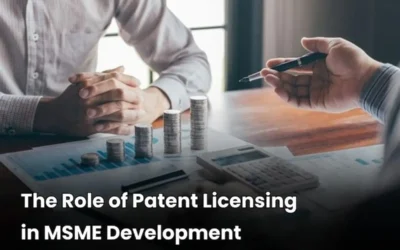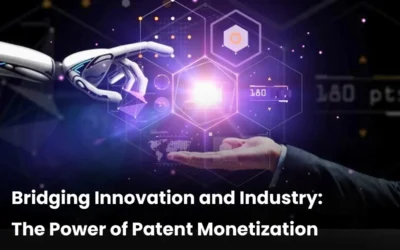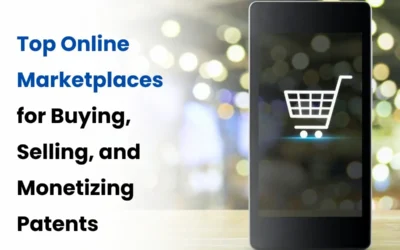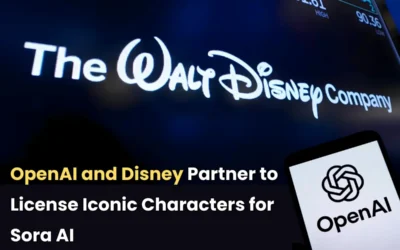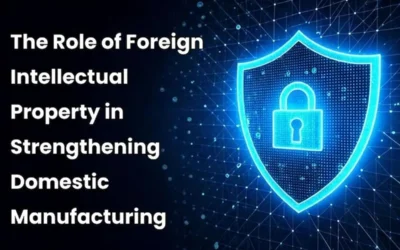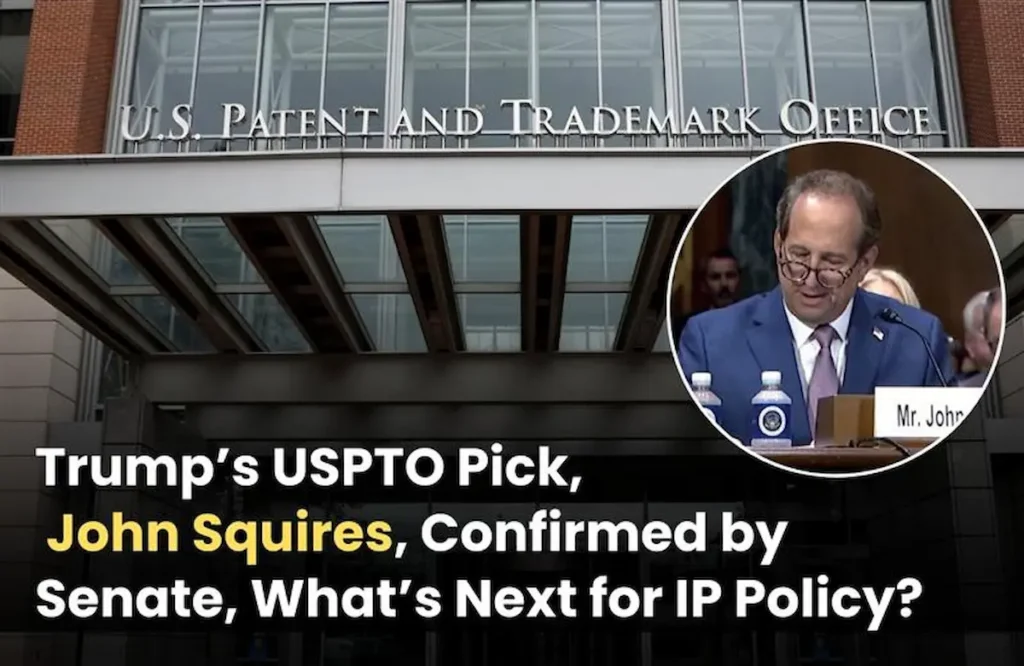
A major update has taken place in the U.S. intellectual property landscape. This September 18, 2025, the US Senate confirms John Squires as the Under Secretary of Commerce for Intellectual Property and Director of the United States Patent and Trademark Office (USPTO), following his nomination by President Donald Trump. This appointment marks a turning point for the U.S. patent system, with the potential to bring significant changes in the years ahead. What makes this news especially relevant is its direct impact on patent monetization, as stronger policies and streamlined processes could reshape how patents are enforced, licensed, and patent commercialization in the U.S. And if you want to know more about these changes, keep reading.
Who Is John Squires? The US Senate confirms John Squires as USPTO Director
The U.S. Senate confirmed John A. Squires as the Under Secretary of Commerce for Intellectual Property and Director USPTO. He succeeds Kathi Vidal, who served as USPTO Director under the Biden administration. He has a background as the former Chief Intellectual Property Attorney at Goldman Sachs, a partner at Dilworth Paxson focusing on emerging technologies, and a lecturer at the University of Pennsylvania Law School. Squires brings a mix of legal, corporate, and academic expertise to the role.
- Under his leadership, the USPTO has introduced a discretionary denial process for Inter Partes Reviews (IPRs), making it harder for patents to be challenged without strong policy or technical grounds.
- In addition, the Office has restricted the use of applicant-admitted prior art (AAPA) in IPRs, a shift that favors patent owners by limiting one avenue for invalidation.
- Fees for patent filing, issues, and maintenance have also increased in 2025, prompting inventors and businesses to be more strategic about their portfolios
How Could John Squire’s Appointment Change Patent Monetization in the U.S.?
With John Squires stepping in as the new Director of the USPTO, one of the biggest questions is how this leadership change will affect patent monetization, such as:
- Squires wants the USPTO to issue “born strong” patents, making them more reliable and less likely to be invalidated in court.
- Stronger patents will carry more weight in negotiations, giving businesses and inventors better leverage for licensing deals.
- By speeding up the patent examination process, innovators will receive approvals faster and can commercialize their inventions sooner.
- Quicker grants mean earlier opportunities for licensing, sales, and partnerships.
- With attention on areas like AI, blockchain, and cybersecurity, patents will be more aligned with cutting-edge industries, opening new monetization opportunities.
- The combined effect of stronger, faster, and more relevant patents could significantly change how U.S. companies and startups monetize their intellectual property.
Read Also: Patent Monetization Fundamentals: Must Know Before Monetizing Your Patent
Conclusion
US Senate confirms John Squires as USPTO Director is a significant moment for the U.S. patent system. With his strong legal background, corporate experience, and academic insights, he is well-equipped to guide the USPTO into a new era. Inventors, businesses, and innovators will be watching closely as his leadership shapes the future of patents, trademarks, and intellectual property in the country.
